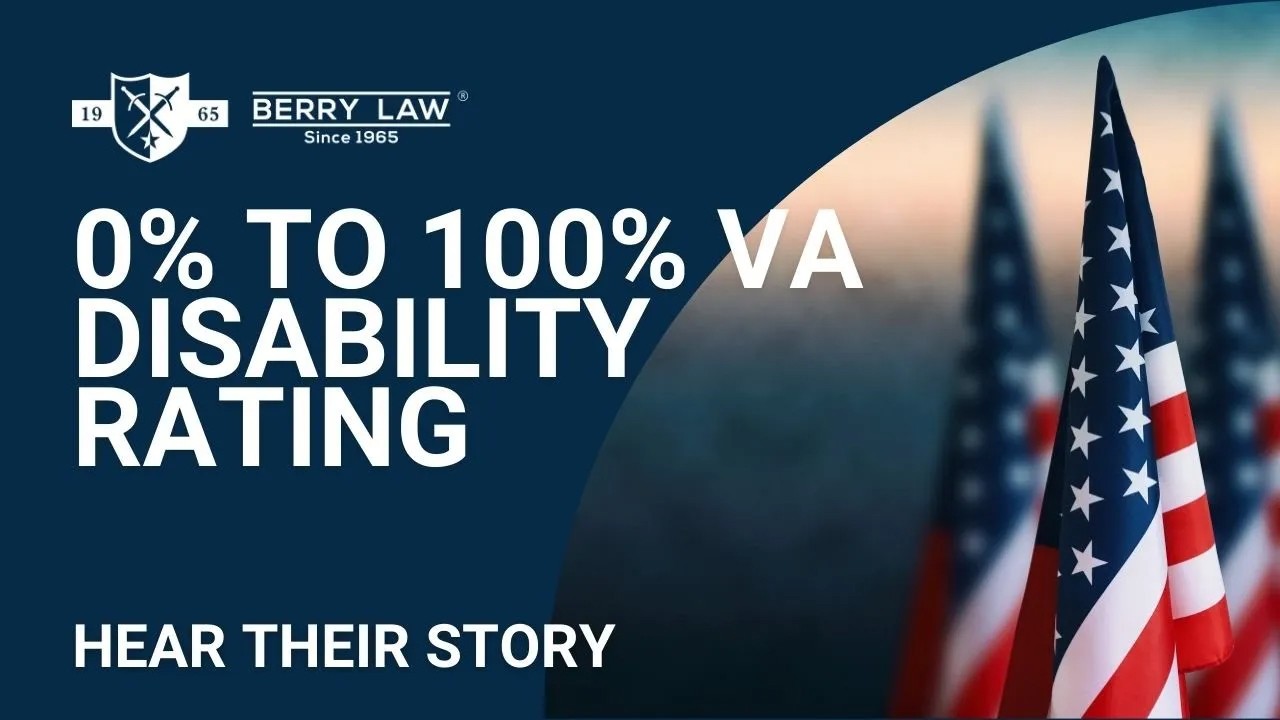Get the Benefits You Deserve Today for Your Burn Pit Exposure
Our experienced burn pit exposure lawyers at Berry Law are here to support Veterans exposed to burn pits in securing the compensation and care they’ve earned. If you or a loved one suffered health issues from burn pit exposure during military service, contact us today for a free case evaluation.
What Are Burn Pits?
Burn pits were open-air waste disposal sites commonly used at U.S. military bases in Iraq, Afghanistan, and other locations. These pits burned a variety of materials, including:
- Medical waste
- Plastics
- Rubber
- Chemicals
- Hazardous materials
Exposure to the toxic smoke and fumes from burn pits has been linked to serious health issues, including respiratory conditions and certain cancers. Veterans who served near burn pits may face long-term health challenges as a result.



